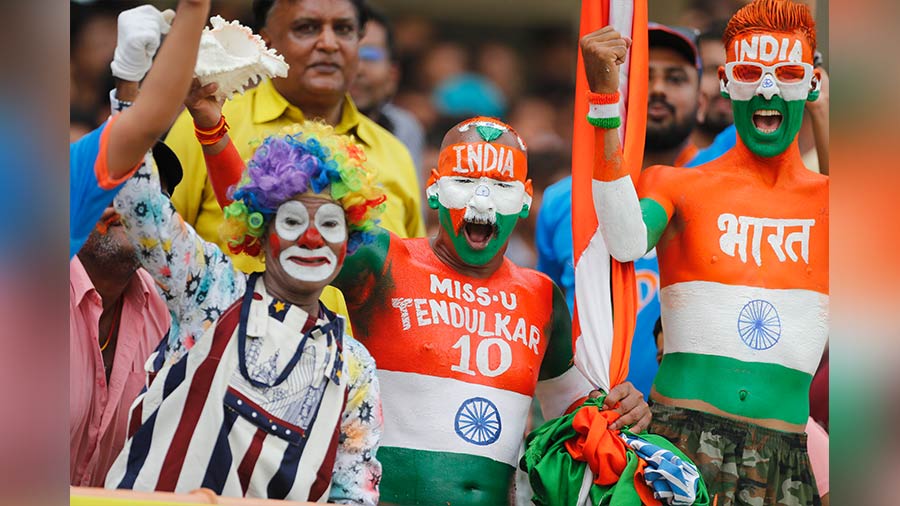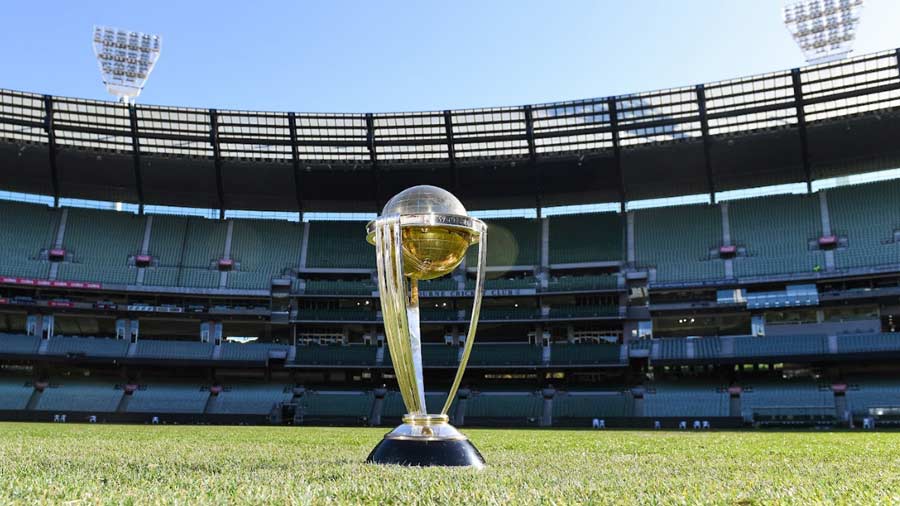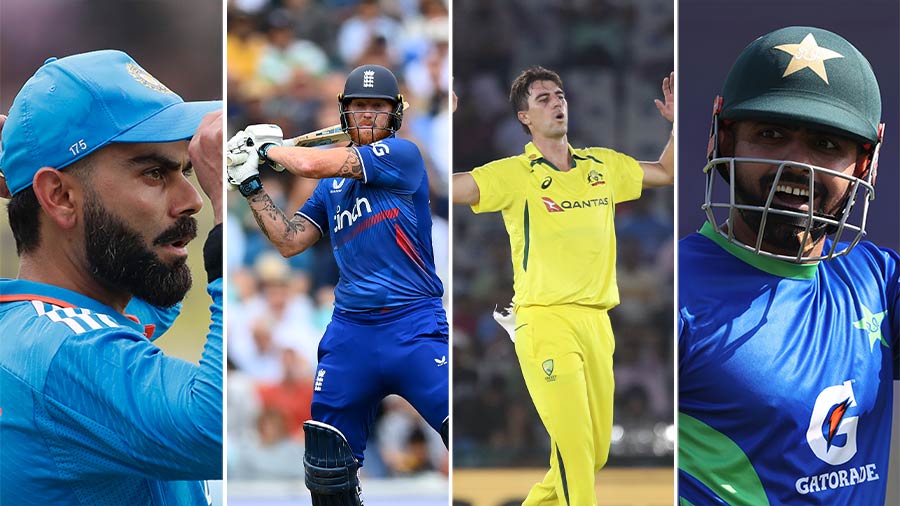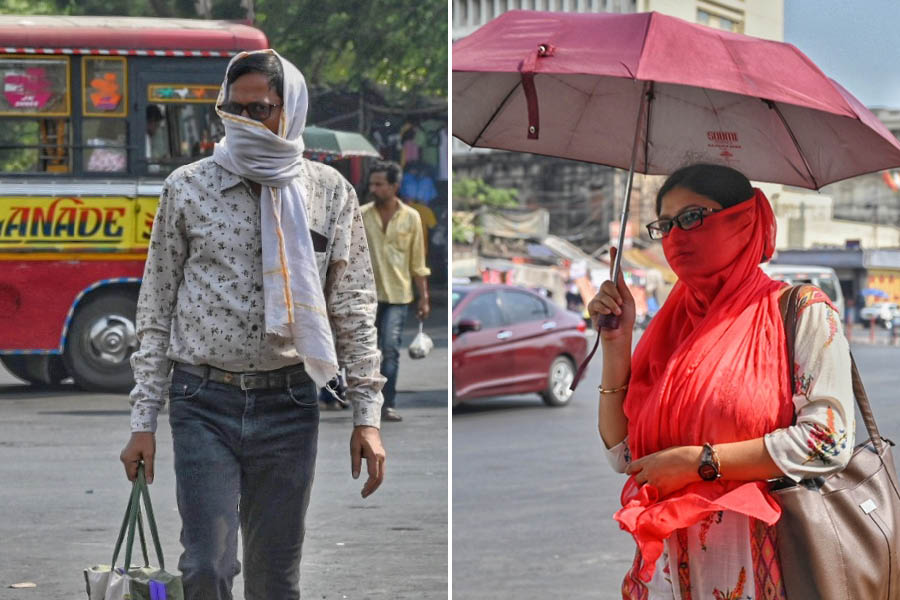An obsession can evoke hatred as easily as it can elicit love. The kind of love that makes you plan your entire day around the object of your obsession. The kind of hatred that makes you curse yourself for doing the same thing. Ultimately, most obsessions foster a toxic relationship because what obsesses you holds a peculiar sway over you — the power to influence you in ways mere likes and dislikes cannot.
Ever since I was four years old, I have been obsessed with the Indian men’s cricket team. Not in a till-death-do-us-part sort of way, but certainly in a my-mood-depends-on-your-performance sort of way. In a country where cricket is a religion with a frequently evolving standing of gods, I am far from the only one. As with any kind of fandom verging on fanaticism, my support for Team India (which immediately brings to mind a bunch of, well, Men in Blue) has gone through its crests and troughs, stretching across a span that has seen India go from one of the powerhouses in the sport in the mid-2000s to a cricketing colossus in 2023. That evolution has triggered within me an unsettling form of cognitive dissonance, a mixture of love and hatred that has resulted in a paradoxical relationship with the object of my obsession.
Back when I happily bled blue
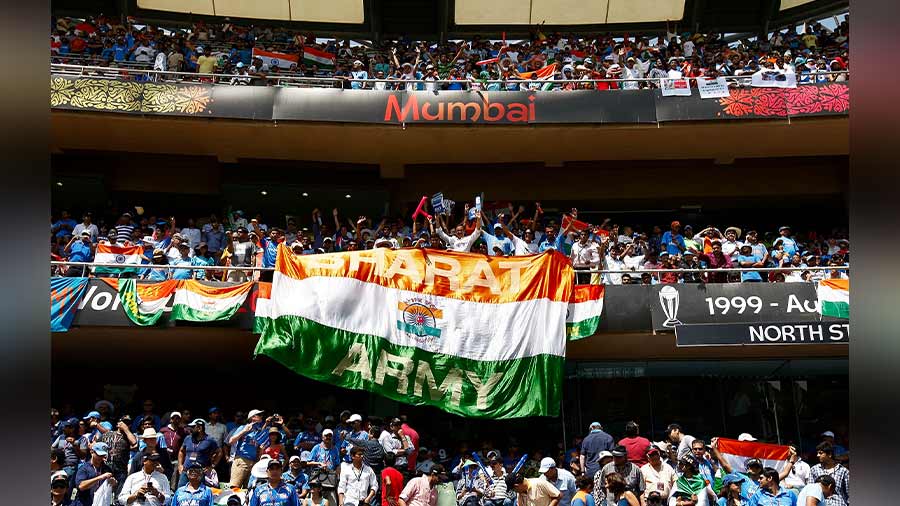
Scenes from the 2011 World Cup final in Mumbai, when India beat Sri Lanka to usher in one of the greatest nights in the history of Indian sport
When India reached the World Cup final of 2003 in South Africa, only to instigate Australia into invincibility, I was not yet old enough to tell a bat from a ball. Four years later, the World Cup in the West Indies was my initiation into supporting India on the grandest stage. Amidst power cuts, my third standard’s final exams and a constant sense of foreboding, I saw India endure humiliating defeats against Bangladesh and Sri Lanka. The newly minted India jersey that I had bought (rather, compelled my dad to buy) to wear for the second round lay untouched. Both India and my hopes were knocked out prematurely.
By the time the 2011 World Cup rolled around, I had watched enough cricket to secretly contemplate advising Mahendra Singh Dhoni on how to handle his bowlers and the burden of expectations. Even though there were no noteworthy matches at the Eden Gardens for me to witness in person (Zimbabwe faced Kenya in Kolkata, but I stayed home, because Zimbabwe faced Kenya), I felt as if I was inside every stadium where Dhoni and Co. played. Be it India’s pulsating tie against England in Bengaluru or the warning of a loss against South Africa in Nagpur or the clinical demolition of the Windies in Chennai, the 2011 tournament felt like a festival for my fandom, complete with thrilling highs and the occasional damp squib. The knockout games against Australia, Pakistan and Sri Lanka remain among the most cherished days of my life. Pick any moment from any of these three games and I can recall what happened before and after with more precision than I ever showed in geometry class.
After attaining the pinnacle of joy as a cricket fan on April 2, 2011, when India became world champions for the first time in my lifetime (I still see the World T20 win of 2007 as a lesser title, partly because it was), the next two World Cups in 2015 and 2019 were more of a sobering experience. A reminder that just because you have done the right things nine times out of nine does not mean that you will get everything right the 10th time, too. In both these tournaments, India were the most consistent team until they reached the semi-finals and self-sabotaged (it is called choking when it is South Africa). Which brings me to 2023.
A team packed with excellence but without an ethos
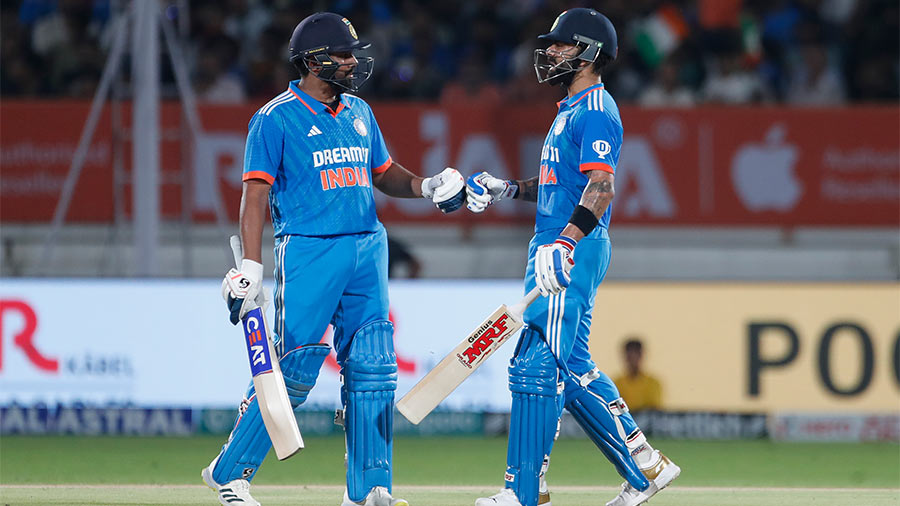
Rohit Sharma and Virat Kohli ooze excellence, but do they and the rest of Team India have a shared ethos?
India go into their home World Cup this year as the No. 1 ranked ICC team in all three formats on the pitch. Off the pitch, nobody can come close to matching India’s financial muscle, turbo-charged by the mind-boggling broadcasting rights acquired by the IPL (no need to mention numbers that cannot be processed). Look around the squad and most of the Indian players can happily strut into the starting line-up of any other country. India’s bench alone has the audacious genius of the likes of Ravichandran Ashwin and Suryakumar Yadav. In other words, this team is more crammed with excellence than Bengaluru roads are with cars. But where is the ethos?
More elusive than the perfect outswinger, ethos is not something you can define in a press conference. It is something you feel that makes you identify with the collective. England have Bazball, a commitment to fearlessness like there is no tomorrow. Australia, New Zealand and South Africa, in keeping with their history, do not treat their superstars like soloists, which means there is no over-reliance on two or three generational talents. Pakistan believe in being Pakistan, wherein their alter-egos jostle against each other before one of them takes over and defines their tournament. But what does this Indian team stand for? What is the burning desire that unites them?
A clear ethos prompts a fan into investing in a story, no matter whether it ends in triumph or disaster. When I look at the Indian men’s team of 2023, I do not see any powerful stories. It does not move me that Rohit Sharma may end his career without winning a World Cup. I am not excited at the thought of reading Virat Kohli’s pre and post-match motivational posts on Instagram. I am indifferent about Jasprit Bumrah taking the most wickets this World Cup, even though Zaheer Khan doing the same in 2011 made me giddy.
I cannot stop consuming cricket, whether I care about its systemic flaws or not
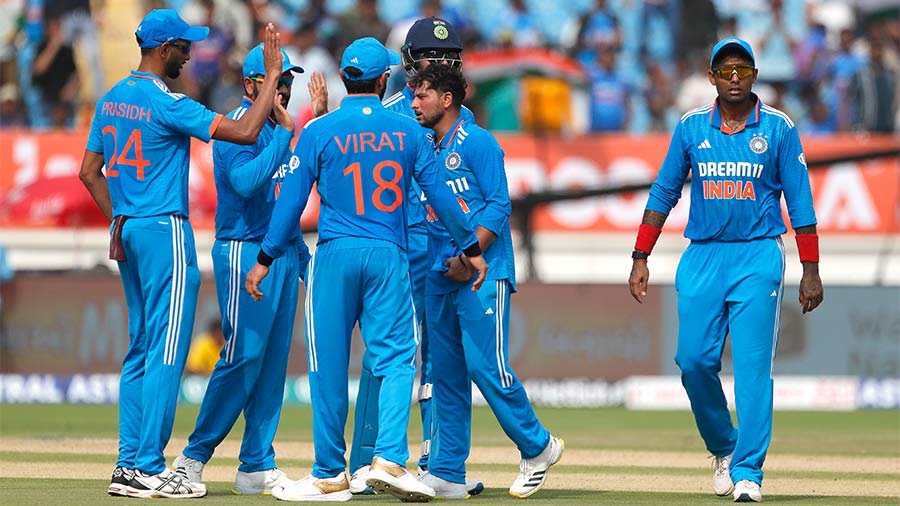
Supporting Team India is not the same thing as supporting Indian cricket
Even if I set aside the absence of ethos or stories in and around Team India, I have a bigger concern. That in the increasingly warped ecosystem of India’s gentleman’s game, where gentlemen are rarer than two consecutive T20 maidens, rooting for Team India is not the same as rooting for Indian cricket.
Picture this. India beat whosoever stands in their path to collect the World Cup from Narendra Modi in the arena named after him in Ahmedabad on November 19. What happens then? Do domestic cricketers, the vast majority of whom will never have an IPL payday, get their long-withheld salaries? Do female cricketers across all levels of the game stop getting lewd offers from their male coaches? Do stadiums around the country get neat and clean toilets? Does the average fan like you and me get a guarantee of not having a mild panic attack the next time we are booking tickets for a World Cup on home soil? The answer, like Kohli pondering a sweep, is a resounding no.
Nobody expects a third World Cup title for India to miraculously fix everything wrong with Indian cricket. But the fact that nothing might be fixed irrespective of this World Cup’s outcome is what worries me. The fact that the 11 men starting every World Cup match for India, consciously or unconsciously, erase the rest of Indian cricket from my imagination, is what disappoints me. As a fan, my obsession is such that I cannot stop consuming Indian cricket, whether I care about its systemic flaws or not.
And so, as India begin their World Cup campaign against Australia, what can I do? What will I do? Nothing apart from lounging in front of my TV and going through my repertoire of rituals in the hope that Chennai in 2023 is more like Ahmedabad in 2011 than Sydney in 2015. After all, I still love Team India even as I hate the system that has spawned them. I still love being a cricket fan even as I hate not knowing what my fandom brings me anymore. Such is the nature of an obsession. It can be understood for the paradox it is. But it cannot be solved.


